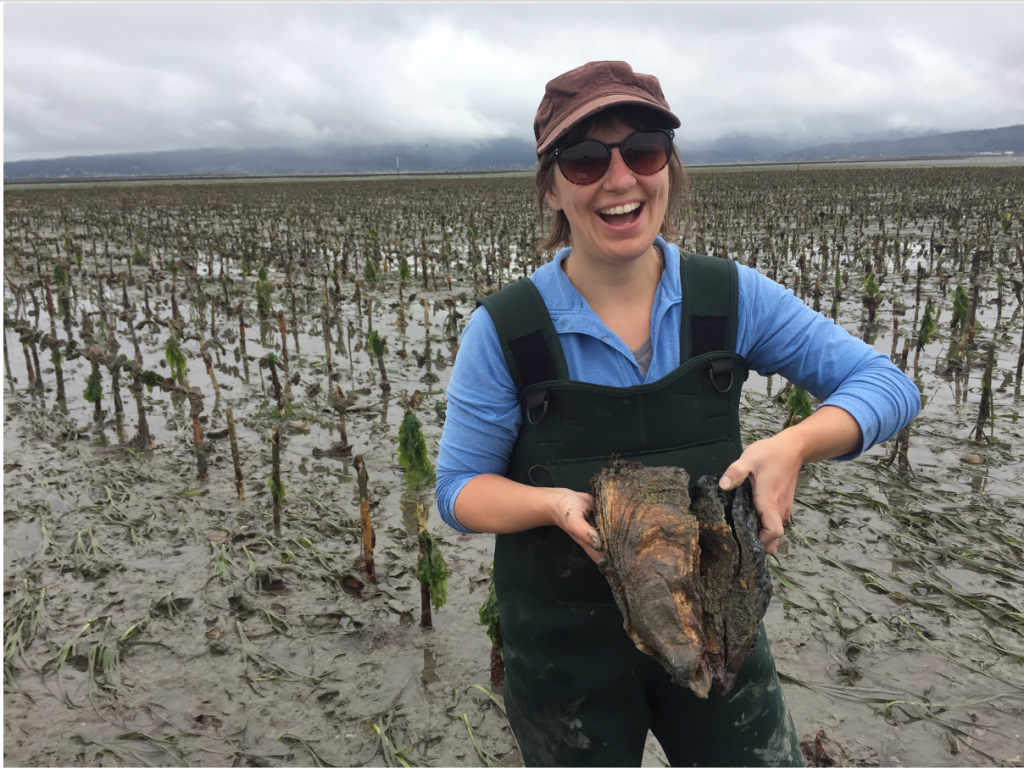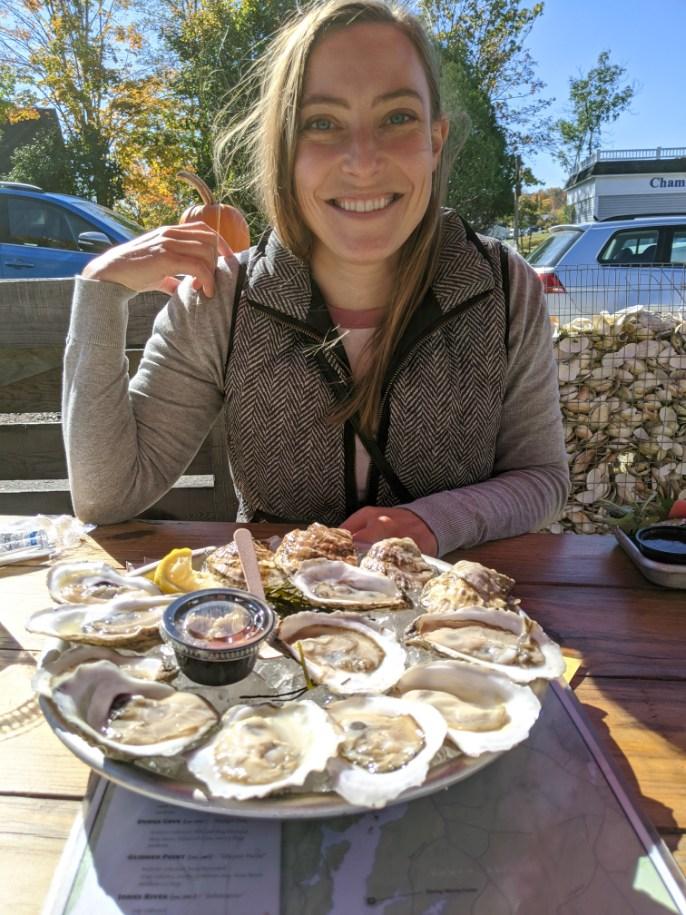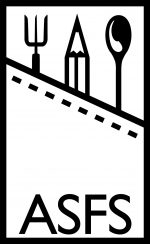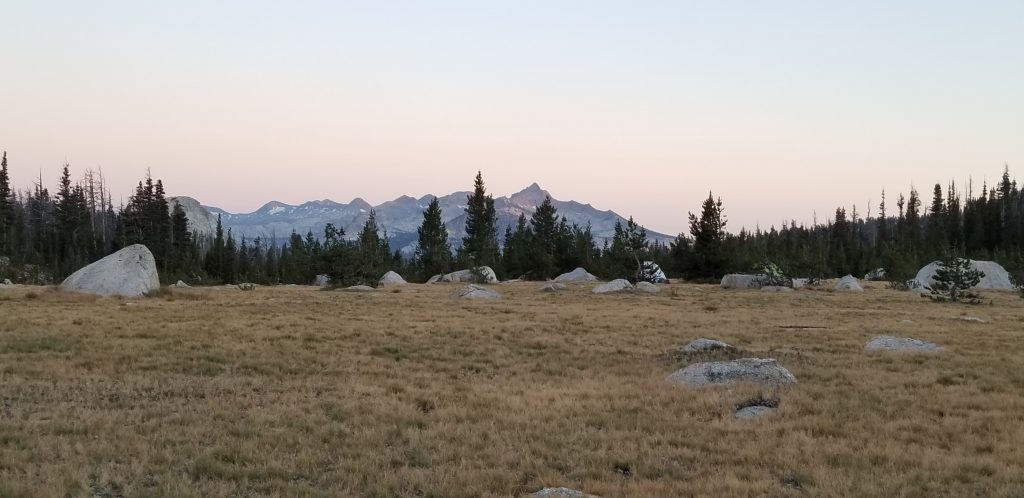Sophie Kelmenson is a PhD candidate in City and Regional Planning at the University of North Carolina at Chapel Hill. Her research examines food systems, equity, and environment. She employs statistical, qualitative, and computational social science methods to explore avenues towards structural change in the food system. She received her bachelor’s degree in government and legal studies from Bowdoin College, and her MA in City and Regional Planning from the University of North Carolina at Chapel Hill.
As a PhD Candidate, what benefits do you see in being an ASFS member?
The ASFS community feels special to me. There is a supportive culture that also manifests as career mentorship and advice (what other academic organization puts together writing groups every year?!). But beyond this, I consistently marvel at the myriad ways that ASFS members approach food systems research and consistently center equity. Attending the recent conference connected me with people researching similar topics as myself using novel methods and/or data, and exposed me to new pockets of research that really reflect the richness of food studies research.
You’re situated in City and Regional Planning at UNC Chapel Hill – which shows how interdisciplinary food studies can be. How has being “housed” in this department influenced your perspective on food studies and your personal research?
Planning offers me a systems-level lens to approach food studies. I spend a lot of time thinking about ways to shift the onus from individual behaviors to systems that lift up the priorities of sustainability and equity.
In my own research, my sub-specialties are environmental planning and economic development planning, so I enjoy researching whether and how the food system bring together equitable economic development and sustainability. Being from a field with such diverse subspecialties also made me really comfortable and excited by the interdisciplinarity of food studies; it makes a lot of sense for me to consider transportation systems and a living wage as a critical components of food access, for example.

Could you tell us more about your work on job quality in “alternative” food systems, shellfish aquaculture, and the policy challenges of managing hog waste in North Carolina (which I should note is among many other things!)?
These projects really reflect the fundamental challenge of shifting food systems to be more equitable and sustainable, though from different “parts of the elephant” so to speak.
One the one hand (trunk?), we need research that examines the injustice created by the industrial food system. For example, hog waste management in North Carolina is associated with really serious environmental injustices ranging from premature death to decreased property values among low-income communities and communities of color. My work explored the contours of alternative management strategies, finding that even efforts to transform hog waste from confined animal feeding operations into renewable energy often fail to center the multi-faceted host communities’ needs.
On the other hand, we need research that examines the amazing work already being done to build alternatives to industrial agriculture. Shellfish farming is one example of a potential sustainable food source that actually improves its surrounding environment. But, for communities, figuring out how to support privately operated farms in public waters is not straightforward – how does shellfish farming shift our understanding of what sustainable development should look like? What permitting and community input processes are necessary to make equity as foundational to this industry as sustainability has become?
Finally, as we identify sustainable food solutions, do these sector strategies support better wages and working conditions? If not, we’re clearly missing a big piece of the puzzle in building systems change.
In your work, you use mixed-methods, qualitative, and quantitative methods – how did your use of these different methods come about? Do you have advice for those who may want to start using another method but may not feel comfortable?
For me, quantitative methods were required PhD coursework and qualitative methods were a passion. Over time though, I saw huge benefits to my critical thinking from being trained in both, and I actually am most proud of some of my quantitative work. This exposure also helped me feel confident teaching myself computational social science methods, because I could easily identify the benefits and costs of using these methods to analyze rich, but large, sets of textual data.
My advice first and foremost is to understand the different ethical constraints of each method – interviewing individuals comes with different risks than aggregating large sets of data. Second, it’s always easiest to have some data to practice with learning a new method. When I am teaching myself a new analytical skill, I follow a few good resources, and then seek out an “expert” for the questions that arise. I say a few good resources because some of the best advice I received was, when one explanation doesn’t “click,” find another source on the same topic. Sometimes all it takes is a slightly different explanation for a concept to make sense.
From 2015 to 2016 you worked as a research consultant for the Orange County Food Policy Council in Chapel Hill, NC. Could you tell us about this experience? How might it have influenced your approach to research ?
This was such an important part of my Masters’ level training! I got to talk to so many stakeholders in my local community actually doing food systems work, which can feel pretty distant from studying it. I have so much respect and appreciation for the people that are working all the time to find those new arrangements that make our food more delicious, sustainable, and affordable. Myself and a co-author had a lot of conversations about how to measure a food system, and our approach was widely adopted by other counties in the state, which was exciting.
This project influenced my PhD research because it helped me realize how experimental food systems work is. We are in the midst of a special moment where research can really support the identification of novel strategies to transition the food system away from its destructive practices.

Eating oysters has never been part of my research, though I do have a bigger appreciation for what goes into a delicious oyster. But there are as many oysters on this plate as there are first drafts of my early qualitative analysis
Your PhD project is titled “Challenges to and from scaling up alternative food systems” – what does the project examine?
We can’t rely on farmers markets alone to transform our food system. The idea of scale in alternative food systems is fascinating because it gets at the difficulty of commodifying plants and animals into products that can return economies of scale, but doing so in a way that creates viable alternatives to industrial agriculture rather than re-creating it.
Achieving stable growth in supply and demand together is a big challenge for these food systems players, and often they are creating the infrastructure to be able to do so themselves. So what are the barriers to growing local/regional efforts into real systems change? What new challenges emerge from achieving some levels of increased scale? One piece of my dissertation explores firm level strategies to achieve scale that is both environmentally and financially sustainable and equitable, while a second piece explores the environmental governance challenges in planning for complexity and uncertainty in these contexts. Finally, the third piece examines labor practices in those industries embedded in complex environmental management. Broadly, while the findings in my first two chapters are pretty optimistic, we have some work to do to improve labor equity. As you pull this thread further, it raises some important questions about how structural change can happen.
Many graduate students often say “I wish I had known this…” about many things in graduate school and the academy. Do you have any advice or pearls of wisdom for those looking into graduate school or just starting out?
This is a tough question! One piece of advice that has served me relatively well is to use class assignments to further your research; maybe it’s just a literature review or maybe you can use the opportunity to get great feedback on methods from a professor. It also gives you a sense of the durability of some of your interests. Ideally, you also know to ask your advisor for advice about being efficient with these projects. I have written about oysters through so many different lenses, and I wish I’d asked for help in picking one line of inquiry and running with it.
What’s something you love to do that’s not involved with research or grad school?
I am a “mountain goat” – I spend a lot of time in the mountains, either backpacking, skiing, or in some other manner. It makes me feel happy and strong to be active outdoors at high elevations. I’ve also started learning to surf. Though not involved in my research, I’ve gained perspective from surfing that improves it, among other areas of my life. It’s humbling to pick up a hobby that involves waves consistently knocking you over. I’ll add that learning to surf became another (unexpected) avenue to learn about my country’s colonial past, and I want to thank native Hawaiians for creating and sharing the sport.


